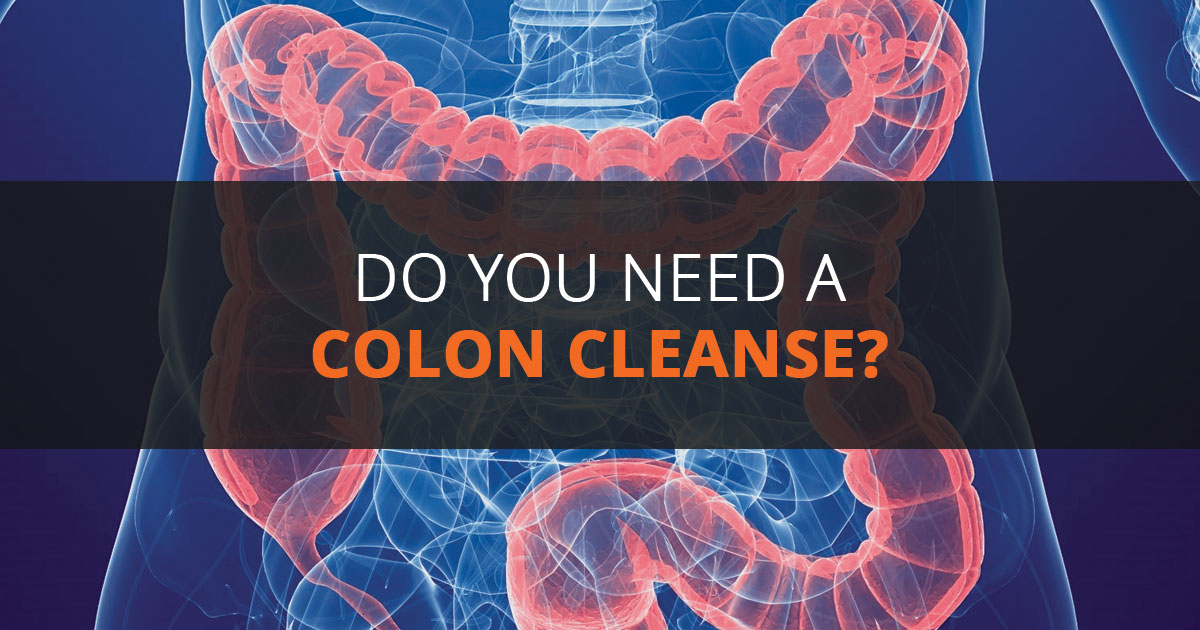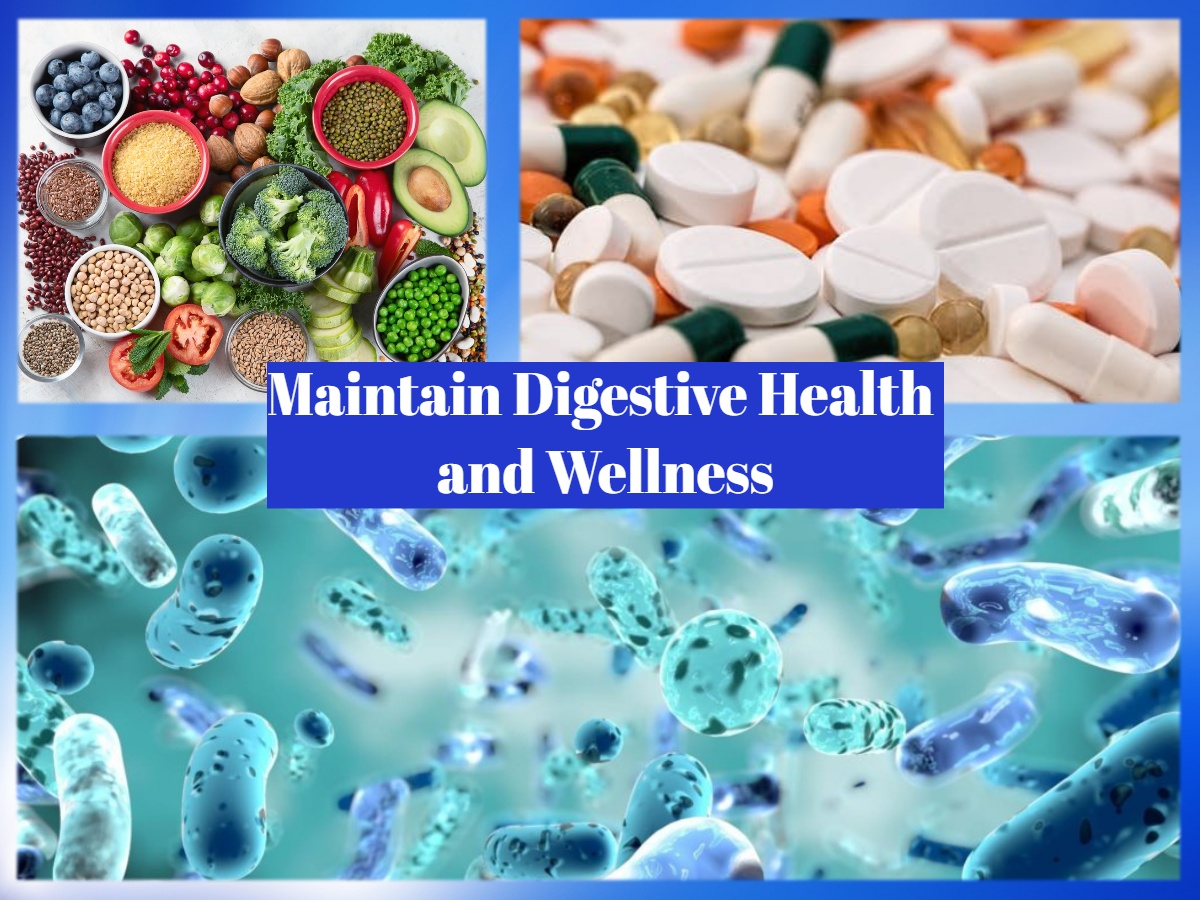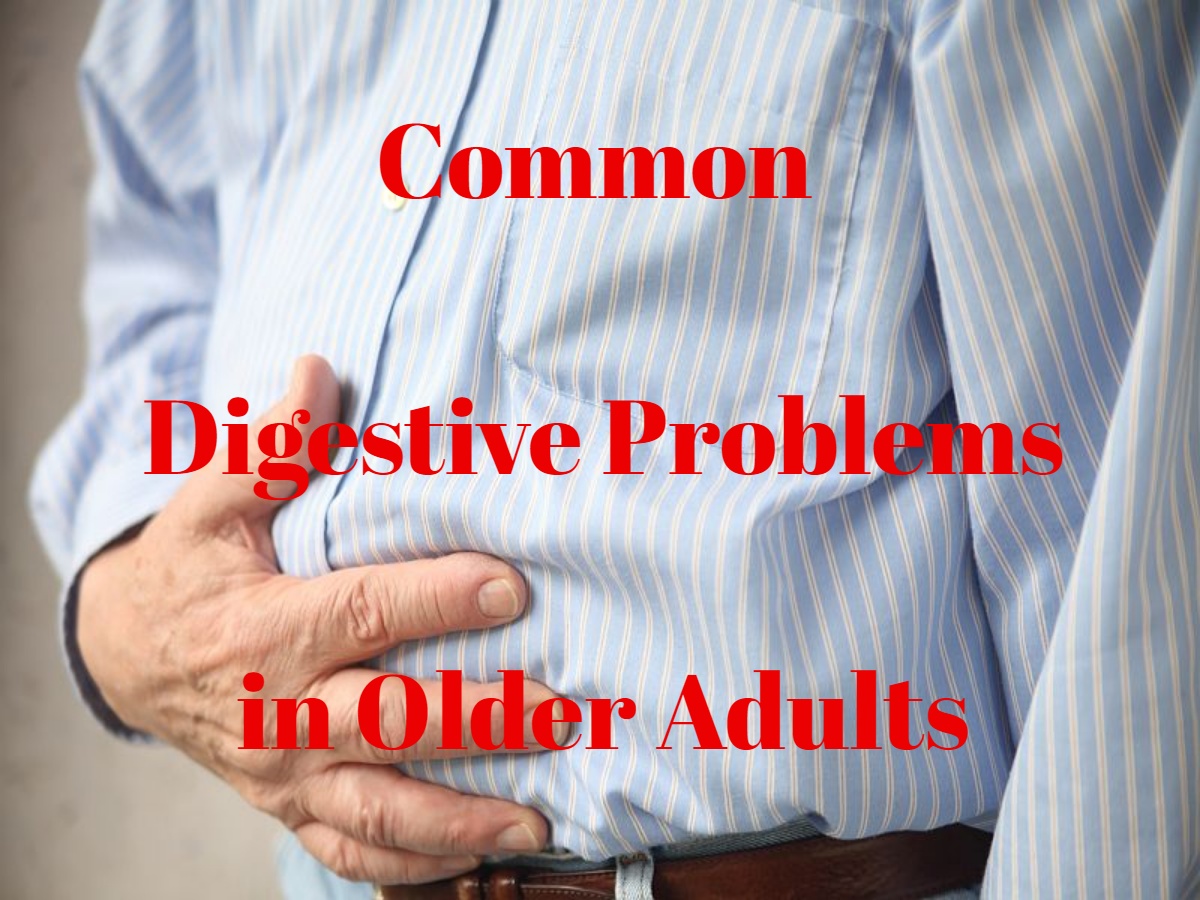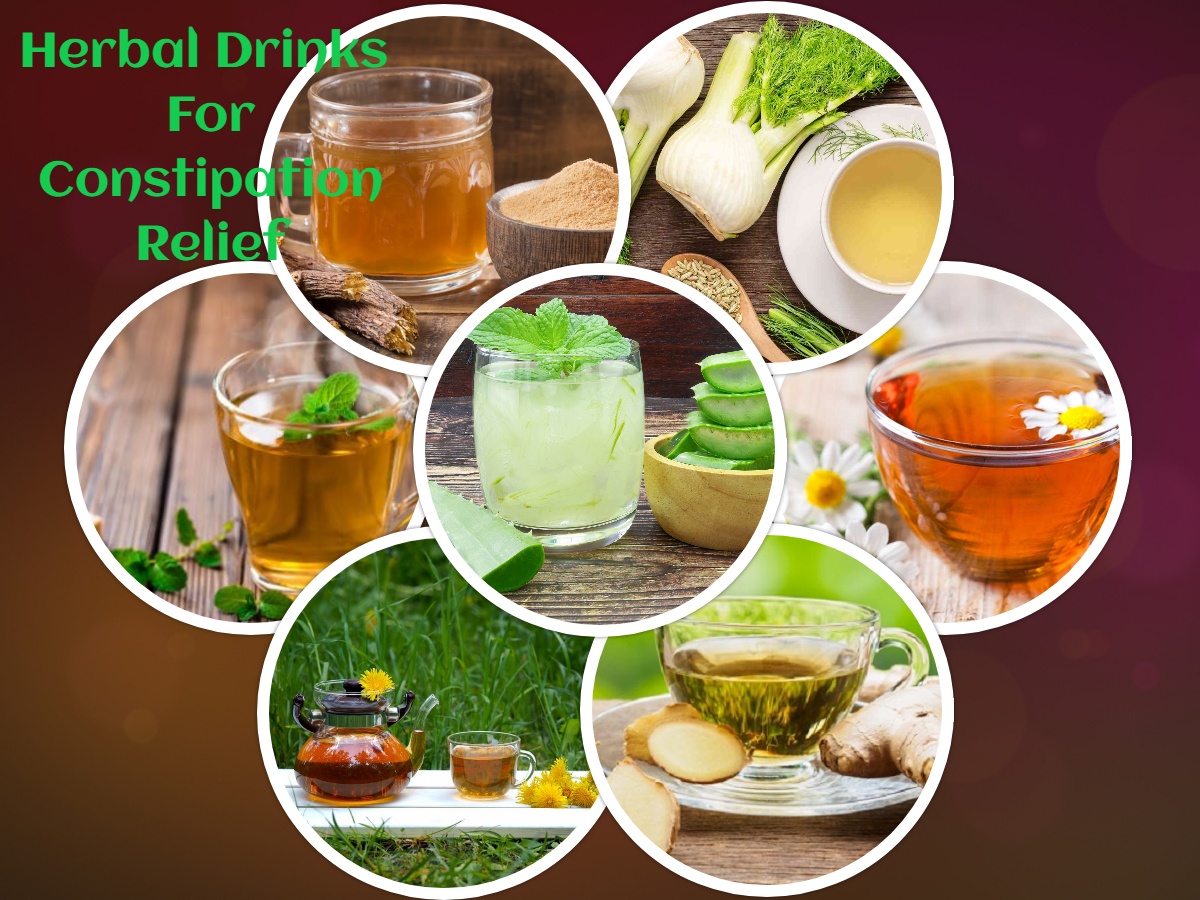In recent years, colon cleanse aids have garnered significant attention as a means to promote digestive health and overall well-being. From herbal supplements to specialized diets, numerous products and practices claim to detoxify the colon and rid the body of harmful toxins.
But what does science have to say about the effectiveness and safety of these methods?
Let’s Learn Step by Step:
Understanding the Colon and Its Role in Health:
Before delving into colon cleansing aids, it’s essential to understand the colon’s role in the digestive system.
The colon, also known as the large intestine, plays a crucial role in absorbing water and electrolytes from undigested food, forming and storing feces, and facilitating bowel movements.

A healthy colon is essential for proper digestion, nutrient absorption, and waste elimination.
The Claims of Colon Cleanse Aids:

Colon cleanse aids are marketed as products or practices designed to flush out toxins, promote weight loss, improve digestion, and boost overall health.
- These aids come in various forms, including herbal supplements, laxatives, enemas, and specialized diets rich in fiber or liquids.
- Proponents of colon cleanse aids argue that these practices can remove built-up waste and toxins from the colon, leading to a range of health benefits, including improved energy levels, clearer skin, and better digestion.
- Some also claim that colon cleansing can prevent or treat various health conditions, such as constipation, bloating, and even cancer.
Types of Colon Cleanse Aids:
Colon cleanse aids come in various forms and here are some common types of colon cleanse aids:
- Herbal Supplements:
- These supplements typically contain a blend of herbs, such as senna, cascara sagrada, and psyllium husk, believed to have laxative or cleansing properties.
- Herbal supplements may come in the form of capsules, powders, or teas and are often marketed as natural remedies for promoting bowel regularity and detoxification.
- Fiber Supplements:
- Fiber is essential for maintaining regular bowel movements and promoting colon health.
- Fiber supplements, such as psyllium husk, flaxseed, or oat bran, are often used as colon cleanse aids to increase stool bulk and improve transit time through the digestive tract.
- Enemas:
- Enemas involve the introduction of liquid into the colon through the rectum to stimulate bowel movements and flush out waste.
- Common types of enemas include water enemas, saline enemas, and coffee enemas.
- Enemas are sometimes used for colon cleansing purposes or as a preparatory measure for medical procedures.
- Laxatives:
- Laxatives are substances that promote bowel movements by increasing intestinal motility or softening stool.
- While laxatives can provide temporary relief from constipation, they should be used with caution, as overuse can lead to dependency and electrolyte imbalances.
- Common types of laxatives include stimulant laxatives, osmotic laxatives, and stool softeners.
- Colon Hydrotherapy:
- Also known as colonic irrigation or colonics, colon hydrotherapy involves the infusion of water into the colon through a tube inserted into the rectum.
- The water flushes out waste and toxins from the colon, purportedly promoting detoxification and cleansing.
- Colon hydrotherapy should only be performed by trained professionals in a clinical setting.
- Detox Diets:
- Detox diets typically involve short-term dietary modifications aimed at eliminating certain foods or food groups believed to contribute to toxin buildup in the body.
- Common components of detox diets may include fasting, consuming only liquids or raw foods, or following specific regimens such as juice cleanses or master cleanses.
- Probiotics:
- Probiotics are beneficial bacteria that help maintain a healthy balance of microorganisms in the gut.
- While not specifically designed as colon cleanse aids, probiotics may support digestive health by promoting the growth of beneficial bacteria and reducing inflammation in the gut.
Note Before Taking Colon Cleanse Aids:

- It’s important to note that the efficacy and safety of colon cleanse aids vary, and some may carry risks or side effects.
- Before trying any colon cleanse regimen, it’s advisable to consult with a healthcare professional to determine the most appropriate approach for individual needs and health status.
- Additionally, practicing healthy lifestyle habits, such as consuming a balanced diet, staying hydrated, and exercising regularly, can promote optimal colon health and overall well-being.
The Importance of a Balanced Approach to Digestive Health:
- Rather than relying on quick-fix solutions or trendy fads, maintaining a healthy colon is best achieved through a balanced diet, regular exercise, and good hydration habits.
- Consuming a diet rich in fiber, fruits, vegetables, and whole grains promotes regular bowel movements and supports overall digestive health. Staying hydrated, exercising regularly, and managing stress levels also play crucial roles in maintaining optimal colon function.
- Furthermore, it’s essential to prioritize evidence-based practices and consult with healthcare professionals before embarking on any colon cleanse regimen.
- Someone with underlying health conditions, such as gastrointestinal disorders or kidney disease, should exercise caution when considering colon cleanse aids, as they may exacerbate existing health issues or interfere with prescribed medications.
In Conclusion
The idea of detoxifying the colon holds appeal for many seeking improved health and well-being, but the efficacy and safety of colon cleanse aids remain questionable.
Instead of relying on only them, adopting a balanced approach to digestive health through healthy eating, regular exercise, and mindful lifestyle habits is key to maintaining a healthy colon and promoting overall wellness.


Always consult with healthcare professionals before starting any new supplement or regimen to ensure safety and effectiveness.









